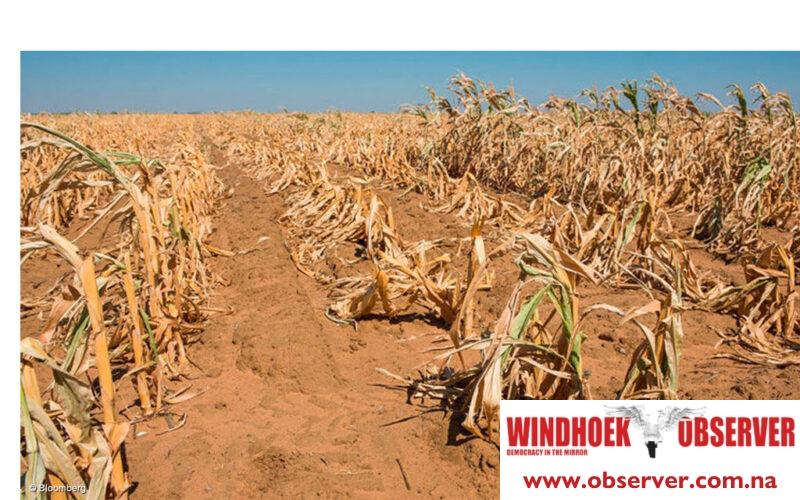Niël Terblanché
The government of Japan has announced a generous contribution of approximately N$9 million to assist the United Nations World Food Programme (WFP) in Namibia with the provision of much-needed drought relief aid.
According to an announcement in this regard, the aid will strengthen the Namibian government’s emergency response efforts to support drought-affected populations and children at risk of malnutrition, as per a statement released on Tuesday.
The vital contribution comes after Namibia declared a state of emergency in May 2024 due to an El Niño-induced drought.
The WFP’s efforts, supported by Japan’s donation, will provide essential food commodity vouchers to 26 555 individuals in Namibia’s Kunene and Ohangwena regions, areas particularly hard hit by the drought.
Specifically, 15 504 people in the Kunene region and 11 051 people in the Ohangwena region will benefit from this initiative over the next six months.
This is not the first time Japan has extended its support to Namibia in times of crisis.
In recent years, Japan has contributed millions of dollars to aid drought-stricken populations in Southern Africa.
Over the last decade, Japan has provided more than N$320 million in assistance to Namibia through various partnerships, reflecting a long-standing commitment to humanitarian aid in the region.
In 2023, Japan donated N$10 million to Namibia to address severe food insecurity in vulnerable households.
In addition to Japan’s contribution, Malaysia has also pledged N$700 000 towards Namibia’s drought relief efforts.
This support was announced by the Acting High Commissioner of Malaysia to Namibia, Mohamad Rameez Yahaya during Malaysia’s 61st National Day celebrations on Monday.
Namibia’s deputy minister of international relations and cooperation, Jennely Matundu, while attending the celebratory event at the Malaysian diplomatic mission, welcomed the international support and noted that Namibia’s food aid programmes have expanded to assist at least 340 000 households.
However, with resources running low, Matundu called on the country’s development partners to assist with the provision of assistance to vulnerable people.
The deputy minister indicated that drought is considered one of the worst in Namibia’s history and that the urgent need for additional resources has increased to address the rising food insecurity affecting more than a million people across the country.




